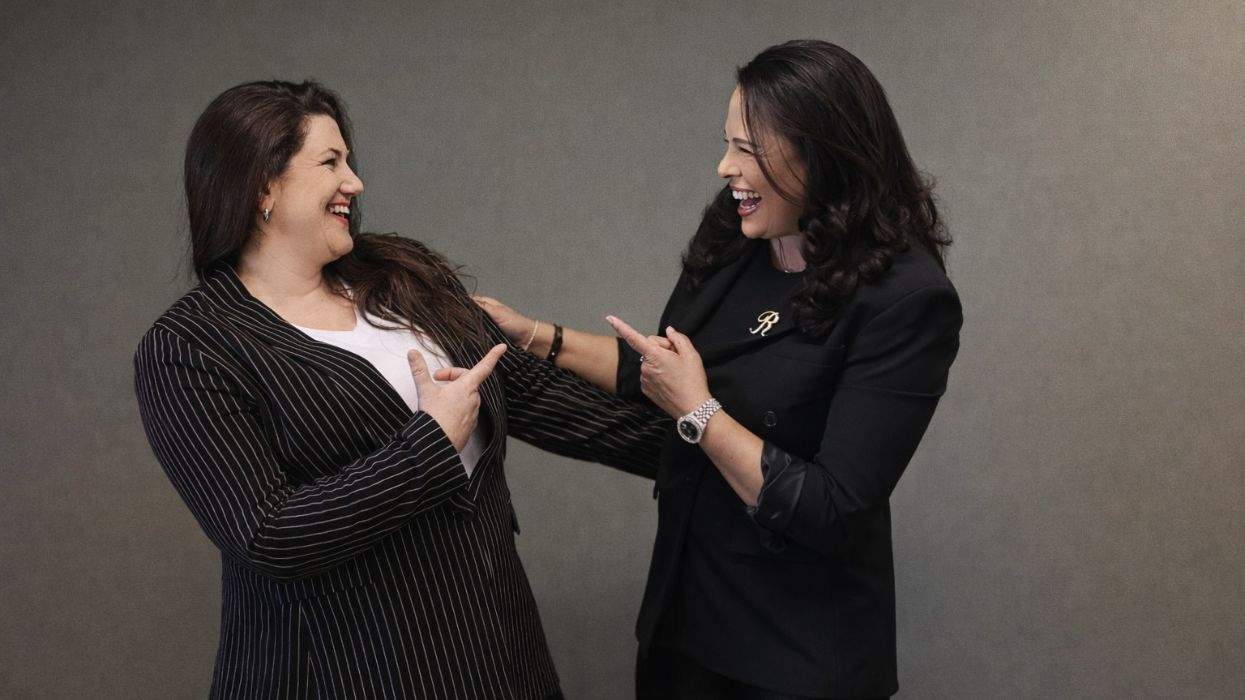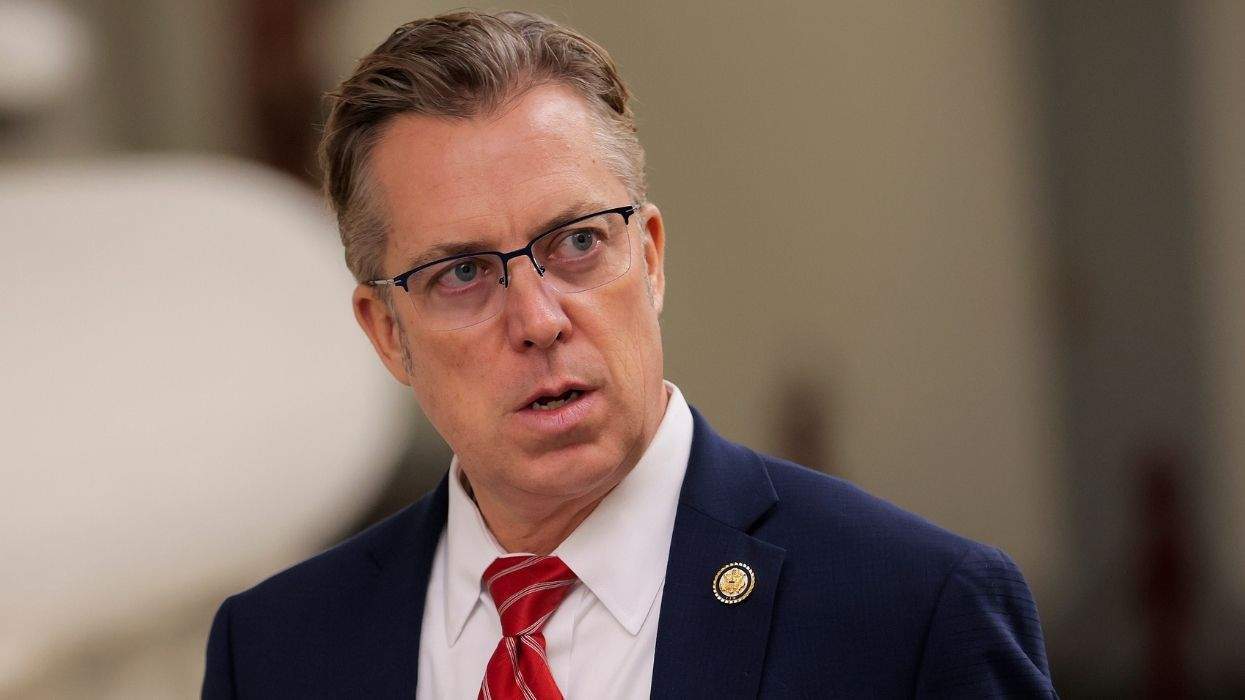As a nonbinary person and an LGBTQ+ student activist, I know firsthand the barriers that young people face to getting sexual and reproductive health care. When I was 18 and went to my first sexual wellness appointment, my health information was shared with my mother (in violation of my HIPAA rights). At the time, I identified as a lesbian and the nurse-practitioner used stereotyping and stigmatizing language that left me too anxious to seek out sexual health care for years after.
Emergency contraception, in particular, is crucial for young people but can be very difficult to get. On many campuses, it isn't available at student health centers. After my own experience seeking sexual health care, I'm committed to making it as easy as possible for people on my campus at the University of Illinois Chicago to get EC when they need it. There are creative ways to work outside the system to make EC access affordable, convenient, and confidential on campus. I'm on the Student Advisory Committee for Emergency Contraception for Every Campus, and our mission is to support student activists across the country who want to improve access to EC. Students in our network are working to advocate for sexual wellness vending machines that include EC and develop peer-to-peer distribution programs to get EC directly into the hands of students who need it.
Even though emergency contraception is a safe and effective way to prevent pregnancy, students face unique barriers to access. Depending on where the school is located, getting to a pharmacy can be difficult or impossible for students who don't have a car. Even if you can find EC, the cost can be a huge barrier as it costs $40-$50 at a pharmacy, which is out of reach for many students. In addition to all of these barriers, there can be a lot of stigma, shame, and discomfort in the process of getting EC. Many pharmacies still keep EC behind the counter or in a locked box, so you have to have a conversation with a pharmacist or store clerk in order to buy it. That can be so intimidating or uncomfortable when you feel that the person you have to talk to is making assumptions about you or judging you.
All of these barriers can be even greater for young people who identify as LGBTQ+. Gender-nonconforming and/or transgender people like me might experience extra anxiety about purchasing EC, especially if it involves interacting with a person who might question their perceived identity. Going to the doctor can be a difficult experience for patients who don't identify with their assigned sex, as they are at risk of being misgendered or being referred to by their deadname, may suffer assumptions about their identity or lifestyle, or may fear their private information being accessed by a legal guardian despite HIPAA. This can interfere with overall access to health care, as it did for me.
Our health care system doesn't make it easy for young people to take control of their sexual health. People with uteruses sometimes have a lot of uncertainty about how taking testosterone affects them. Folks may believe that they're infertile because they've stopped menstruating, but this isn't always the case. This can lead some to not take pregnancy precautions, so it's important to make EC as accessible as possible for young people in this population. The sooner EC is taken, the more likely it is to work. Students, whoever we are and however we identify, can't wait -- we need timely access and privacy when getting EC.
Models like Emergency Contraception for Every Campus empower students to get EC on their own terms, normalize the experience of using EC, and break down the barriers to care, especially for LGBTQ+ students. We're here on campuses across the country to help our classmates get the care they need when and where they need it. By giving young people the information and resources they need to thrive, we can all have more control over our sexual and reproductive health.















Charlie Kirk DID say stoning gay people was the 'perfect law' — and these other heinous quotes
These are some of his worst comments about LGBTQ+ people made by Charlie Kirk.